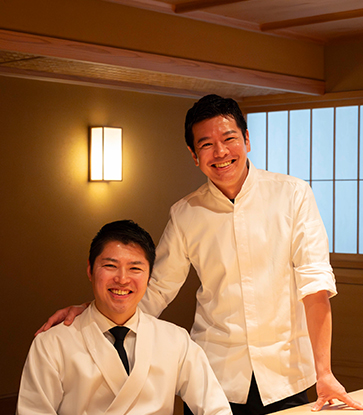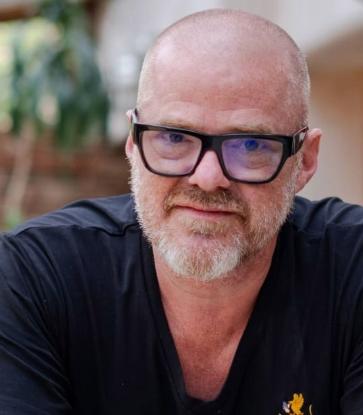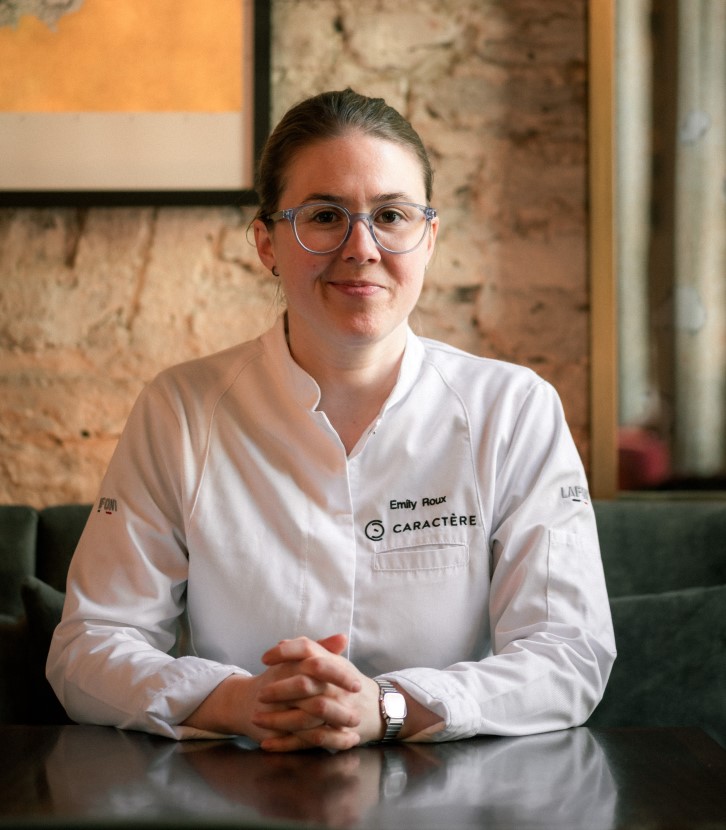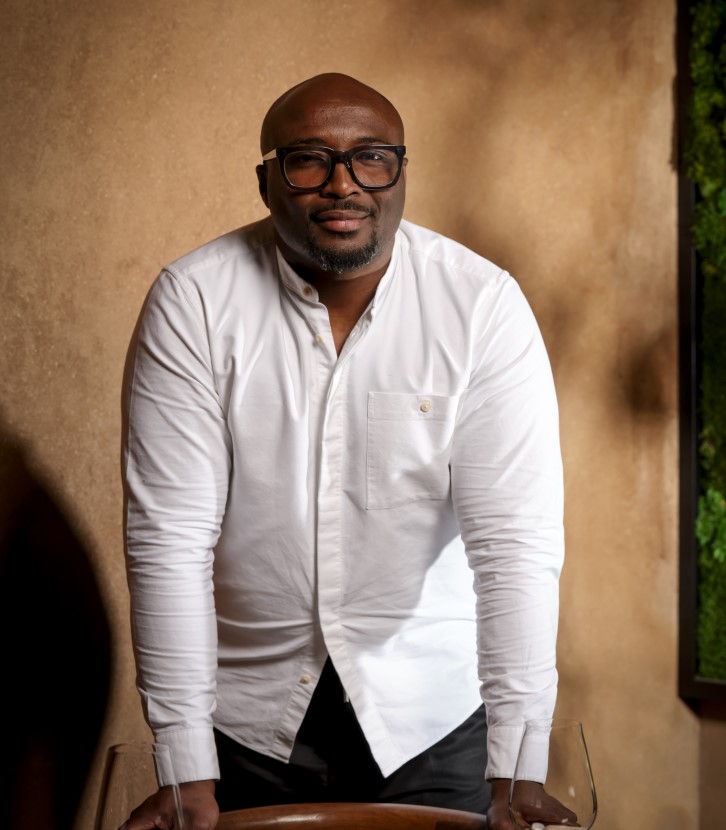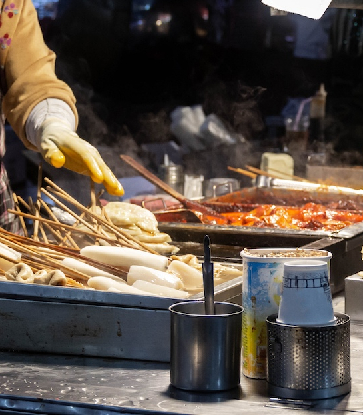He says: “Atomix’s beginnings were firmly rooted in our mission to deliver and translate Korean culture to our guests. We wanted to tell the stories of Korean traditional cuisine, history, ingredients, techniques; we also wanted to help tell the stories of contemporary Korean designers working and living in modern Korean society.”
In a similar vein, he adds that Atomix is about “paying respect to Korea's traditional cuisine and its history, being inspired by the modern, ever-evolving global cuisines and defining what tomorrow's Korean cuisine culture could look like — all at once”.
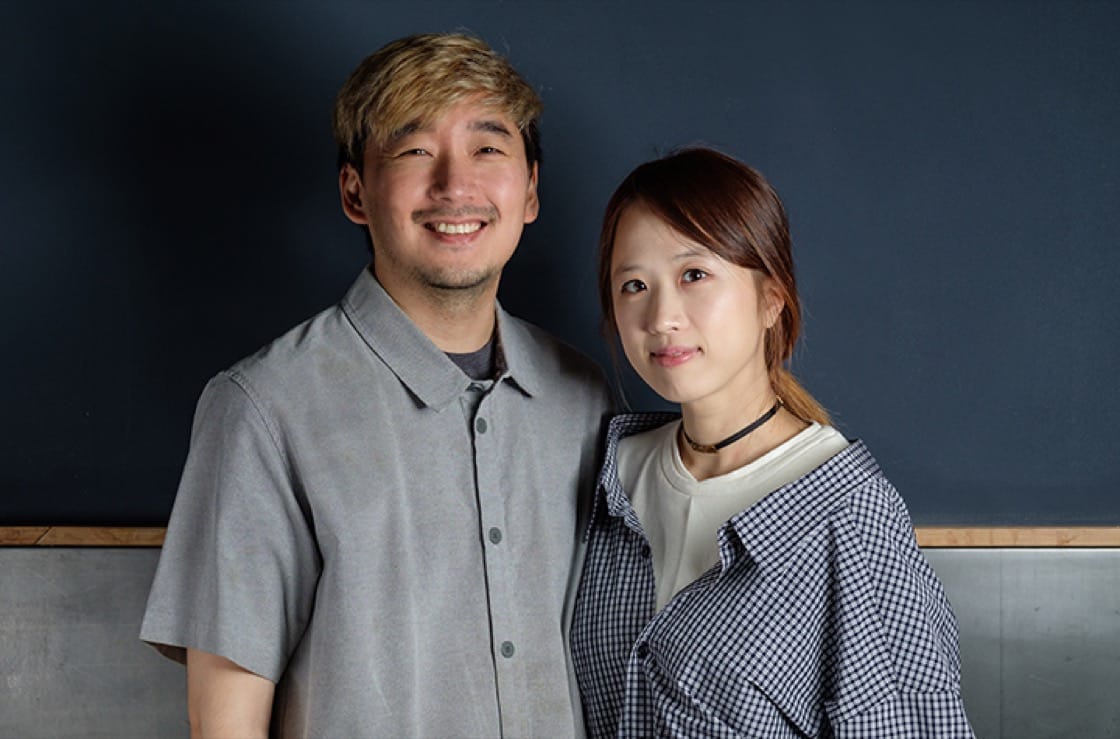
In 2016, Park and his wife, Jeongeun “Ellia” Park, opened Atoboy, a casual progressive Korean restaurant in Manhattan that puts the spotlight on banchan (small Korean side dishes) and infusing French culinary techniques in Korean dishes. Spurred on by its success, the couple opened Atomix, an innovative Korean restaurant, which is a more refined version of their culinary vision, last May. Both restaurants’ names contain the word, "ato", which comes from the ancient Korean word for “gift”. It forms the base name of the two restaurants that are run by the Parks in New York City.

2019, for Park, has been a hectic year as “both Atoboy and Atomix are growing at a fast pace”. In May, he also did a four-hands collaboration with chef Vicky Lau of one-MICHELIN-starred Tate Dining Room & Bar in Hong Kong. He adds: "We hope that the coming months will be more of self-reflection, and maturing and strengthening as a team and family."
He adds that Atoboy and Atomix will continue the Korean chef dining series, which introduces Korean chefs to the vibrant dining scene in New York City.
My first memory of the MICHELIN Guide was when I was a student in middle school. As long as I can recall, I was interested in food, and I already had dreams of becoming a chef.
Through the Guide, I learned about many European fine-dining destinations, and reading about the MICHELIN-starred restaurants felt like a faraway dream that was almost impossible for me to experience. I remember vowing to myself that one day I would eat at those places, work for these places and, eventually, lead and open a restaurant of such calibre.
What was it like when Atomix received its first MICHELIN star in 2018?
The distinction came at such a short time after Atomix opened, so I was managing my expectations and truly did not expect the restaurant to receive a star. I could not believe this when I received the call.
How did you celebrate?
We celebrated with our employees who worked hard to achieve such an honour in the short amount of time, at the restaurant, after our workday was over. It was a great time.

As a chef, what does having a MICHELIN star mean to you?
It was truly a dream come through for me. Throughout the years, I have retained a dream-like sense towards this honour even as I worked my way up the ranks, so it was truly a humbling experience for me. It has taught me that if you work hard, with earnestness and passion, your dreams can become reality. It also motivates me to dream bigger and work harder, and, to inspire myself and others.
With Atomix having received a MICHELIN star, how has that impacted your career?
Of course, it impacts our recognition in New York City, which is a great and large market for restaurants and diners. I believe that this is a huge push towards being recognised on a more global scale for many diners and industry guests.
What advice do you have for young chefs?
I would advise young chefs to not work towards MICHELIN stars, even if it is their dream (as was mine). I believe that the focus should be on pushing yourself to your best abilities, to seriously consider what your unique vision and talents are, and to work hard every day. With dedication and honest, earnest work, I think opportunities and distinctions such as the MICHELIN star will come.
By Kenneth Goh



